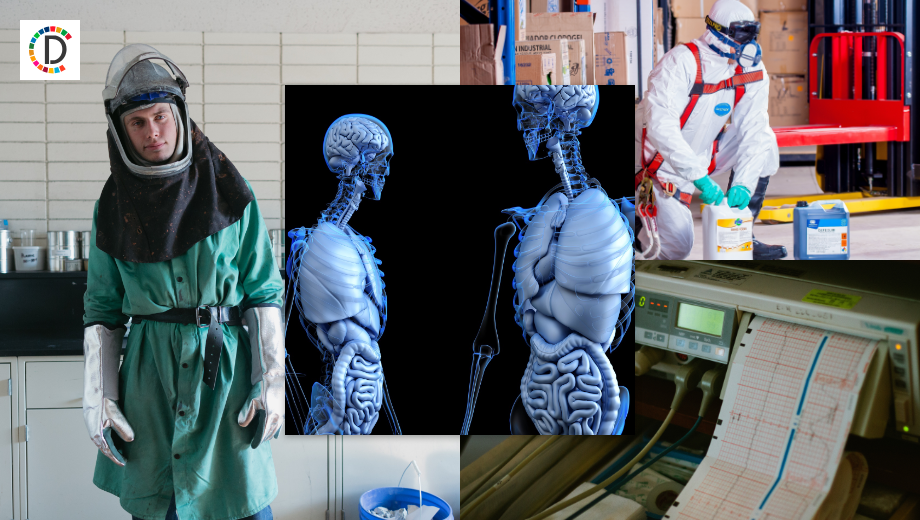WRAPUP 2-Moderna COVID-19 vaccine approved in Europe, Dutch play catch-up
The Pfizer/BioNTech vaccine has been given to hundreds of thousands of Europeans since rollout began a week ago but the campaign has been uneven, with officials in Germany and France frustrated at the slow rate of progress. The Moderna vaccine will help accelerate vaccination campaigns in Europe as concerns grow about two more infectious variants of the virus, detected in South Africa and Britain, which have driven a surge in cases..

A second COVID-19 vaccine won regulatory approval in Europe on Wednesday and the Netherlands belatedly started its vaccination campaign as European countries accelerated a patchy drive to defeat the coronavirus pandemic. The European Medicines Authority's (EMA) green light for Moderna Inc's vaccine was a big boost for Europe's hopes of containing a disease that has infected more than 85 million people globally and killed nearly 1.9 million since the first cases were identified in China in December 2019.
The vaccine, which has been approved for use on people aged over 18, still requires the approval of the European Commission, but the European Union executive is expected to give it the go-ahead soon. "This vaccine provides us with another tool to overcome the current emergency," said Emer Cooke, EMA executive director.
The EMA gave conditional marketing approval two weeks ago for a similar vaccine from U.S. company Pfizer Inc and German partner BioNTech SE. The Pfizer/BioNTech vaccine has been given to hundreds of thousands of Europeans since rollout began a week ago but the campaign has been uneven, with officials in Germany and France frustrated at the slow rate of progress.
The Moderna vaccine will help accelerate vaccination campaigns in Europe as concerns grow about two more infectious variants of the virus, detected in South Africa and Britain, which have driven a surge in cases.. Countries where governments are facing public criticism include the Netherlands, which started its vaccination drive on Wednesday, a week after many other EU member states.
DuSanna Elkadiri, a 39-year-old nurse who looks after dementia patients at a care home in the south of the country, received a shot of the Pfizer/BioNTech vaccine. "This is the beginning of the end of this crisis," Health Minister Hugo de Jonge said at a brief ceremony.
Prime Minister Mark Rutte said his government had been preparing for a vaccine developed by Oxford University and AstraZeneca to be approved first, and this had reduced the Dutch authorities' flexibility. TEST FOR EUROPE
The roll-out has been a test for Brussels' ability to unify Europe amid political pressure to speed up the process. Some EU member states were frustrated at the length of time the EMA took to decide on the Pfizer-BioNTech shot, leaving it lagging the United States, Britain, Israel and Switzerland in approving and administering the first vaccines.
The regulator has given conditional marketing approval, rather than the ultra-fast emergency use approval issued by Britain, which it says requires more detailed study of the data. The two-dose Moderna vaccine - which can be stored and transported more easily than the Pfizer-BioNTech vaccine - has already been rolled out in the United States and Canada, and Israel this week granted authorisation.
It was about 95% effective at preventing illness in clinical trials that found no serious safety issues. With COVID-19 cases continuing to surge worldwide, the World Bank has warned that rising infections and delays in vaccine distribution could limit the global economic recovery to growth of just 1.6% this year.
GOVERNMENTS UNDER FIRE China's Sinovac Biotech Ltd has also developed a COVID-19 vaccine, but Beijing is still taking aggressive measures to prevent another wave of the disease that has killed 4,634 people in China.
Chinese authorities on Wednesday imposed travel restrictions and banned gatherings in the capital city of Hebei province, which surrounds Beijing. Beijing has sought to reshape the narrative about when and where the pandemic began, with top officials highlighting studies they say show the disease emerged in multiple regions. It has also rejected accusations of wrongdoing or mishandling of the COVID-19 outbreak in the country.
Rolling out a vaccine quickly has not prevented other governments facing public criticism over their handling of the pandemic. Although Britain was the first country to approve and start administering the Pfizer/BioNTech vaccine, Prime Minister Boris Johnson's government has been accused by political opponents of indecision after England began a new lockdown this week.
The British parliament was recalled early to vote on the new lockdown measures on Wednesday. The French government has faced criticism after the national inoculation campaign got off to a slow start, hampered in part by red tape and President Emmanuel Macron's decision to tread warily in one of the world's most vaccine-sceptical countries.
France is now stepping up its COVID-19 vaccine rollout and a third national lockdown should not be ruled out, Eric Caumes, head of infectious diseases expert at Paris' Pitie-Salpetriere hospital, told BFM TV. Germany has decided to extend a nationwide lockdown until the end of this month and introduce tougher restrictions to try to curb the spread of the virus.
But Finance Minister Olaf Scholz said he believed Europe's biggest economy could hold out for a long time, adding that he expected lower levels of government debt than after the financial crisis of 2008.
(This story has not been edited by Devdiscourse staff and is auto-generated from a syndicated feed.)










